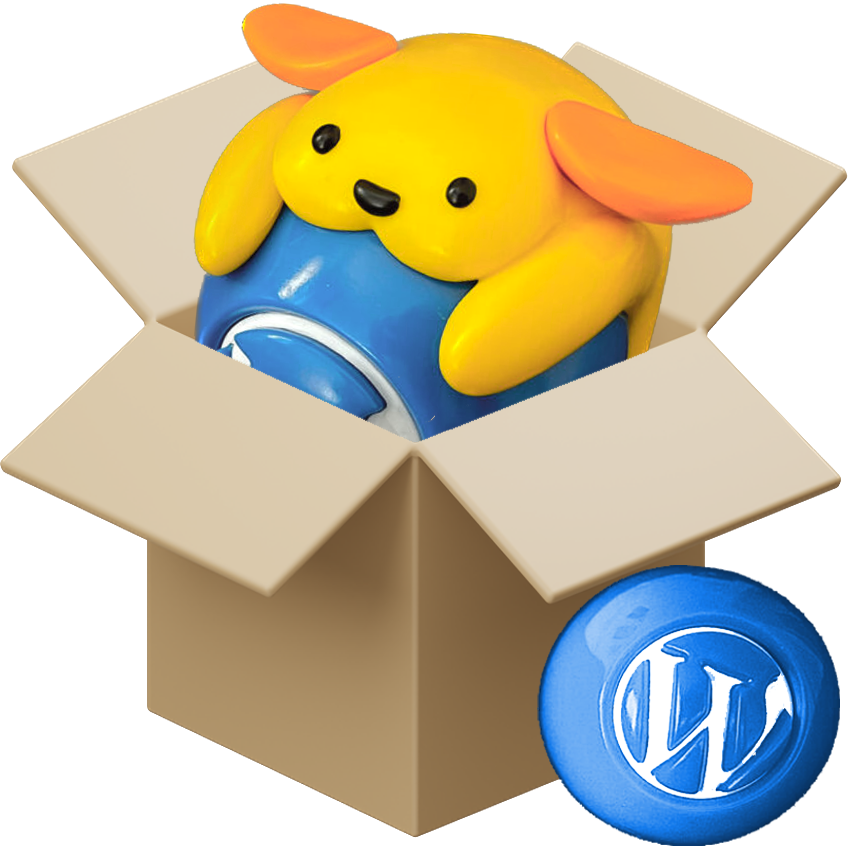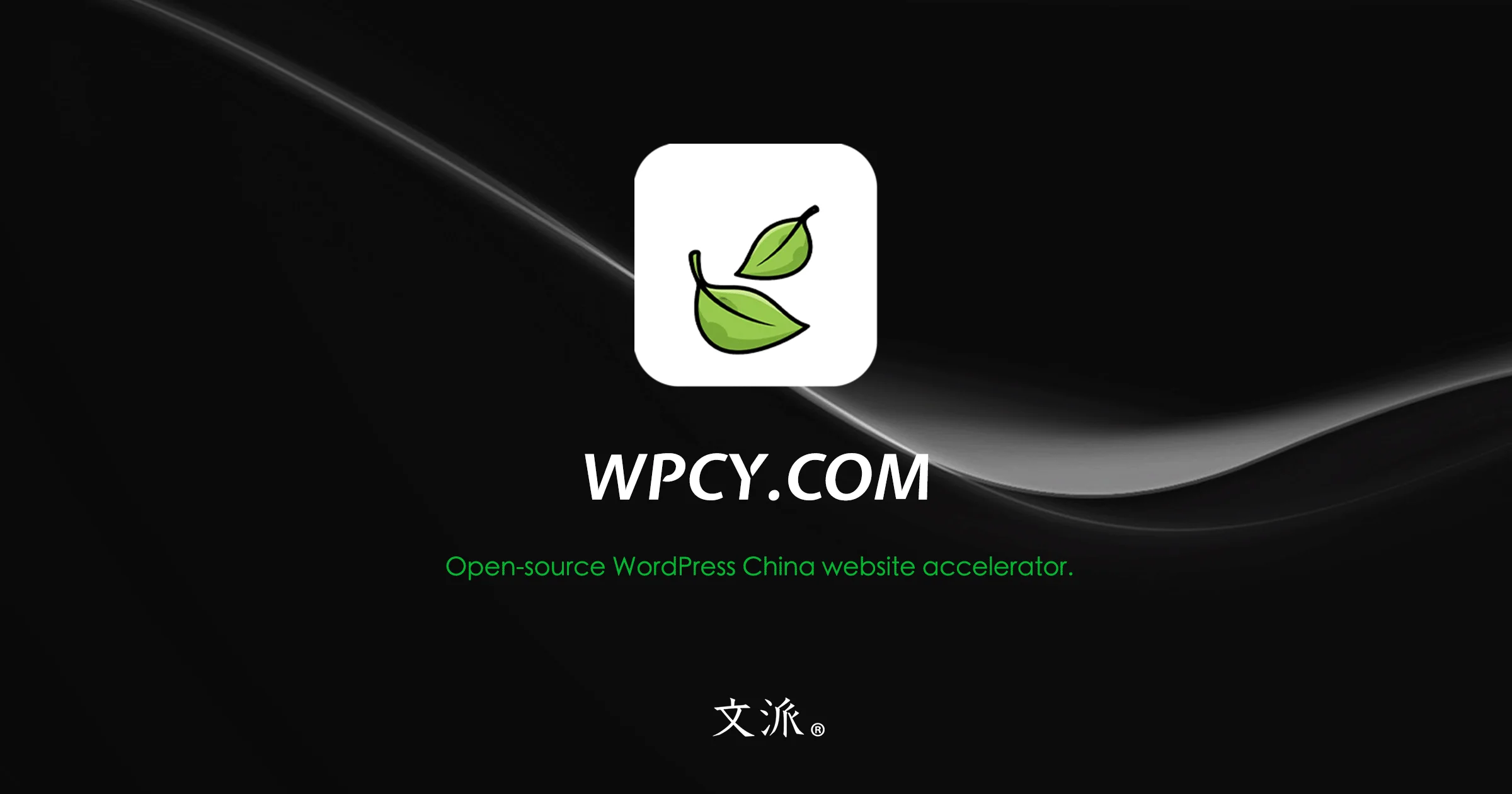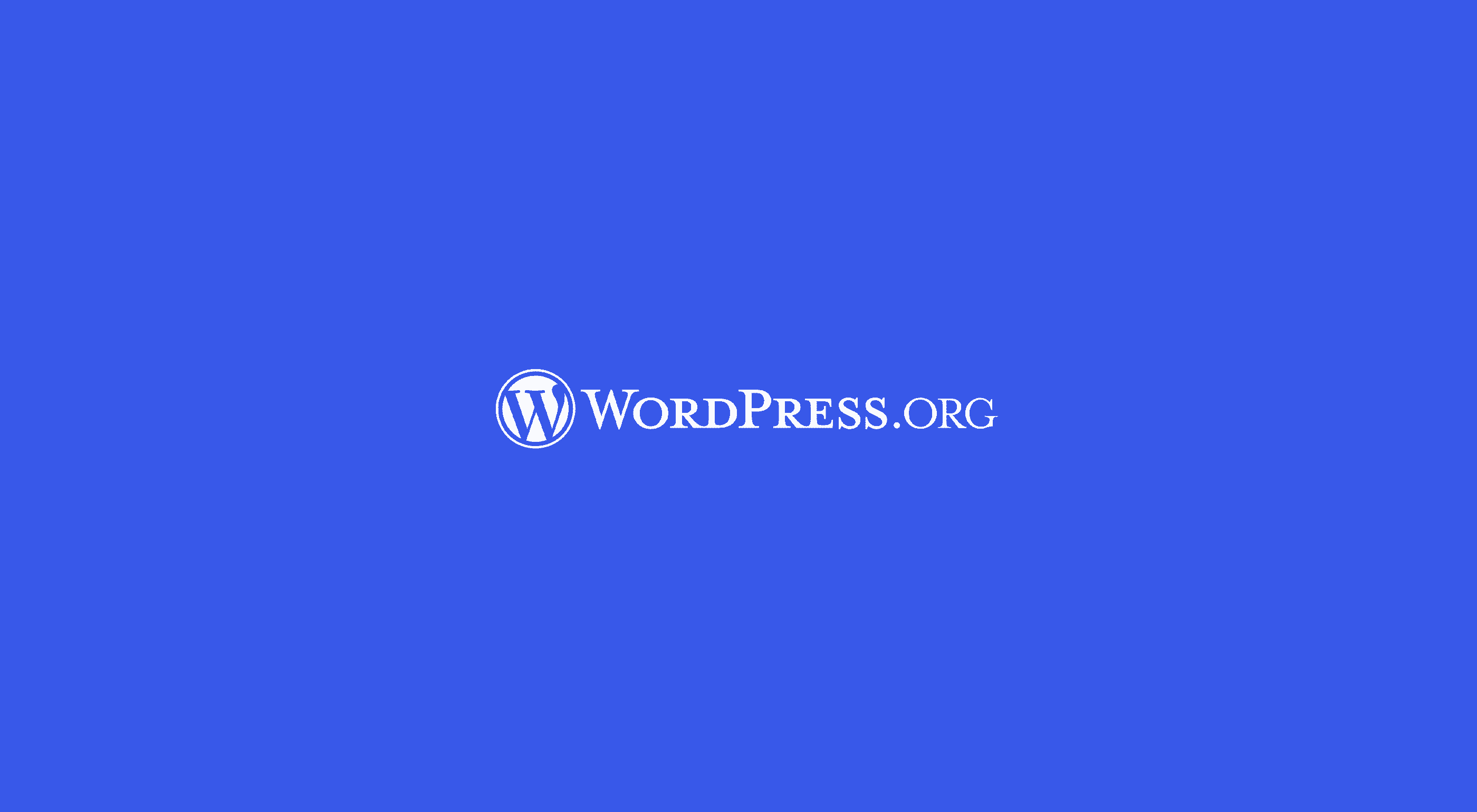有时成功意味着必须说再见。这就是FSE外展项目发生的事情,现在重新启动为简单的外展。
这一倡议的长期推动者、Automattic产品协调员Anne McCarthy在2023年9月宣布了即将到来的变化:
从2020年5月开始的实验项目,预期站点编辑器将在接下来的6个月左右发布,结果变成了近3.5年的反馈循环、知识分享和社区建设。随着WordPress 6.3完成第二阶段,FSE外展项目是时候与更广泛的WordPress项目和需求一起发展了。
目的是「更快地将痛点反馈传达给合适的人,并帮助我们保持第二阶段的正轨」。我们做到了!你们做到了。
所有美好的事物都必须结束——或者它们需要适应以继续保持相关性。
这是持续致力于扩大测试人员范围并推动用户尝试新功能的结果:
主要目标是通过收集WordPress站点构建者的反馈来帮助改善全站编辑体验[…]该项目还寻求提高对全站编辑功能的认识和能力。
随着站点编辑器(原FSE或全站编辑)的采用继续增长,该项目已经实现了其目标。现在是时候发展了。
新的外展项目
新的外展项目将专注于更广泛的WordPress开发,而不仅仅是全站编辑。McCarthy解释说:
我们希望扩大范围,包括WordPress的所有方面,而不仅仅是全站编辑。这包括性能、可访问性、安全性等。
在专门讨论这些典型困难和可能缓解方法的走廊聚会回顾中,团队提出了可行的步骤:
- 建立一个GitHub团队,贡献者可以在想要从用户那里收集早期反馈时ping它。
- 鼓励工程师使用外展渠道在开发早期、合并和发布之前请求扩展者对新功能的反馈。
- 为即将发布的版本创建愿望清单,以获得用户对优先级的输入。这与可扩展性问题分类倡议重叠。
目标是使外展项目更易于访问和可持续,改善团队间的协作,并通过早期和持续的用户和贡献者输入帮助指导WordPress开发。
想出想法是容易的部分——让它们发生才是真正的挑战。正如Pauli-Haack提到的,「如果我们想要扩大影响范围并成为对软件特定焦点感兴趣的人的欢迎场所,这只能是一个集体努力。」
你将如何确保渠道保持专注,并平衡有时相互冲突的需求和利益?「这些想法来自于知道非贡献者需要与贡献者联系。我们希望确保渠道中持续的活跃,让人们知道正在发生什么。由于这仍然是一个年轻的倡议,我们将看到会产生什么结果。这是第一版,我们将继续迭代。」




发表回复